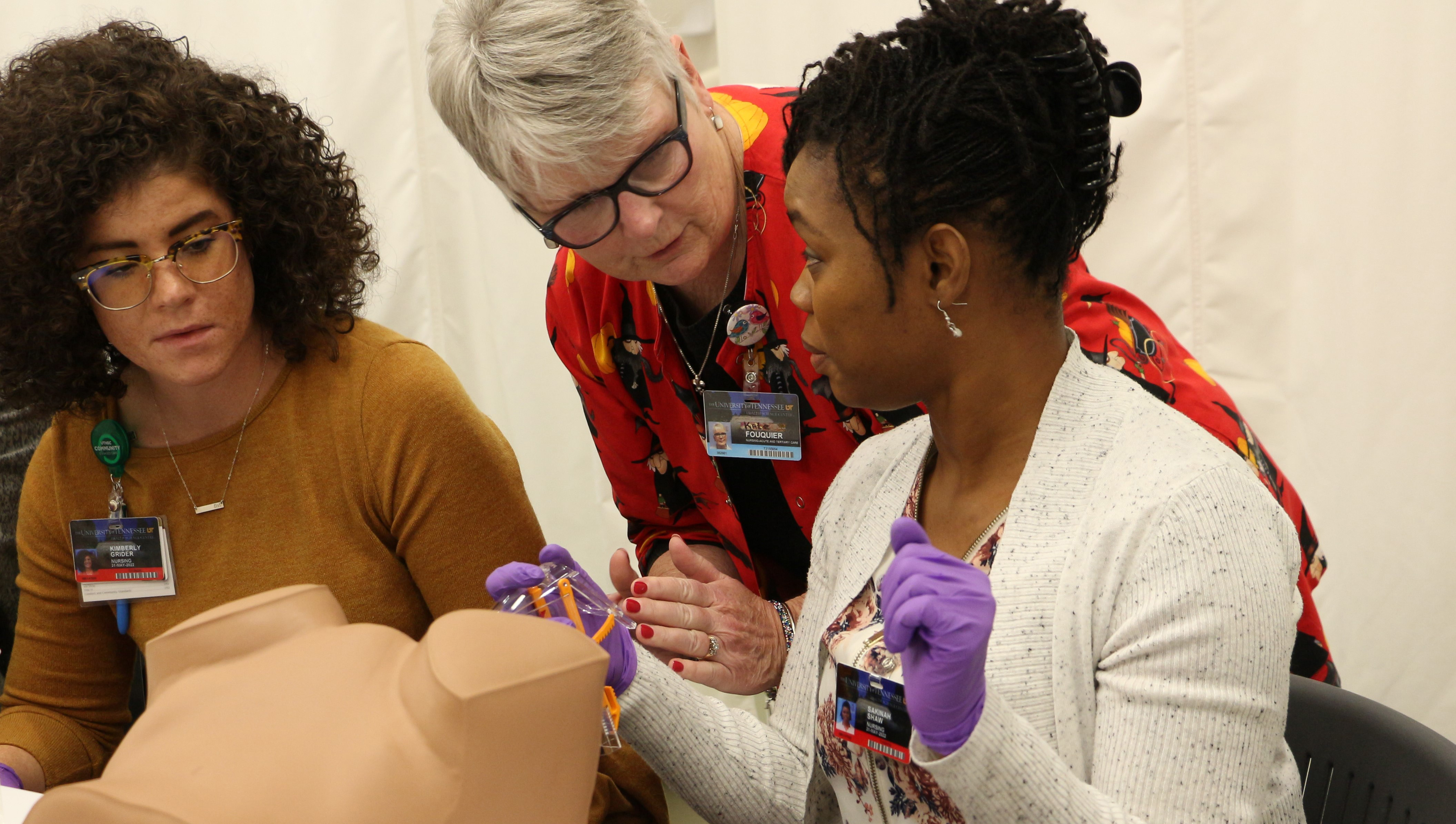DOI
10.21007/con.dnp.2025.0098
Faculty Advisor
Laura Reed, DNP, APRN, FNP-BC, CNE
Clinical Site
University Clinical Health Family Medicine
Document Type
Poster
Publication Date
Spring 3-21-2025
Disciplines
Diseases | Health and Medical Administration | Investigative Techniques | Medicine and Health Sciences | Neoplasms | Nursing | Nursing Administration | Quality Improvement
Abstract
Purpose/Background
Breast cancer remains the second leading cause of cancer death among women in the United States, with a median age of mortality at 68 years old. Mammography has been shown to improve early detection and reduce mortality rates. Current United States Preventive Services Task Force (USPSTF) recommends biennial mammograms for women aged 50-74. However, compliance with biennial mammogram screenings remains inconsistent. This project aims to evaluate the effectiveness of written reminder letters in improving mammogram compliance among women aged 50-74 years old. The study focuses on comparing mammogram adherence rates among patients who received reminder letters compared to those who did not.
Methods
A retrospective chart review of 30 women aged 50-74 years who visited the University Clinical Health Family Medicine between January 1, 2024 and June 30, 2024, was conducted. Data collection included mammogram compliance and whether patients received a written reminder letter. Descriptive statistics were used to analyze the effectiveness of written reminders in promoting adherence to mammogram screening guidelines.
Results
The analysis revealed that 40% of women who received a reminder letter completed a mammogram, compared to only 16.67% of women who did not receive a letter. Additionally, 23.33% of women received a reminder letter but did not complete their mammogram. Overall, 57% of participants underwent a mammogram during the study period, and 63% received reminder letters. These findings identify the role of written reminders in improving mammogram compliance, while also identifying a subset of patients for whom additional interventions may be necessary.
Implications for Nursing Practice
This project highlights the potential for written reminder letters as a targeted, evidence- based intervention to improve biennial mammogram adherence. Advanced practice nurses are uniquely positioned to implement, evaluate, and refine patient-centered strategies to enhance screening compliance. Future initiatives should address barriers to adherence and explore the integration of a multimodal reminder system to optimize outcomes in breast cancer prevention and early detection.
Recommended Citation
Cholly, Kristine; Barksdale, Marcus; Gates, Rachel; Olaya, Mabel; and Reed, Laura DNP, APRN, FNP-BC, CNE , "Written Reminders for Mammogram Compliance" (2025). Doctor of Nursing Practice Projects. Paper 98. http://dx.doi.org/10.21007/con.dnp.2025.0098.
https://dc.uthsc.edu/dnp/98
Included in
Investigative Techniques Commons, Neoplasms Commons, Nursing Administration Commons, Quality Improvement Commons


